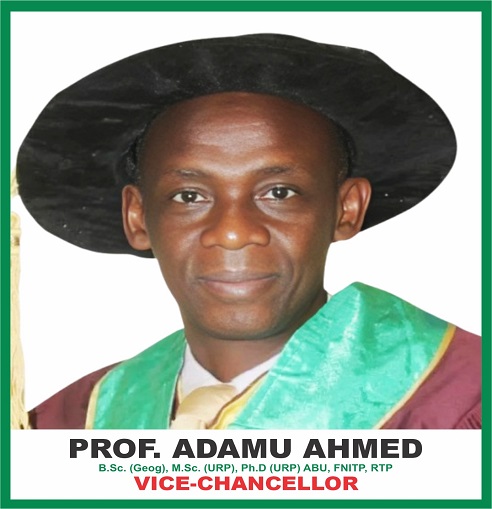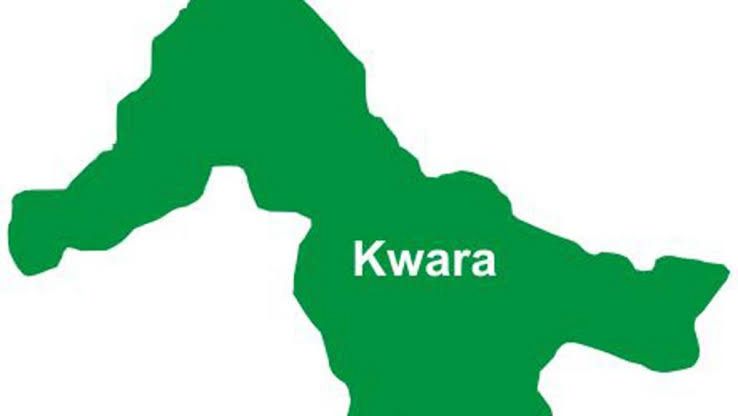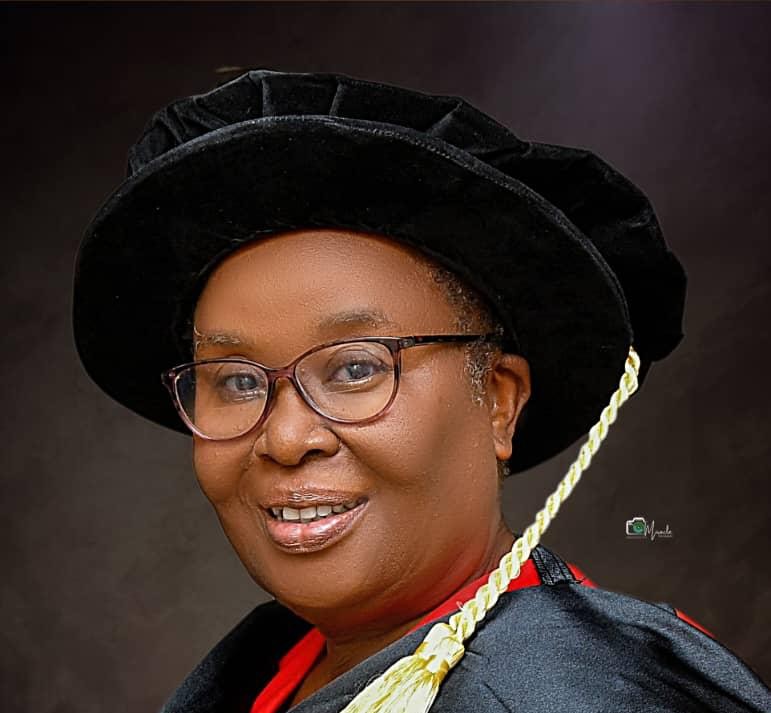Ahmadu Bello University (ABU), Zaria, has raised an alarm over its rising energy expenditure, revealing that it spends nearly ₦4 billion annually on electricity to keep the institution running.
Vice Chancellor, Professor Adamu Ahmed, described the situation as “crippling and unsustainable” during a press conference held at the Senate Building on Saturday to mark the university’s 63rd anniversary.
He noted that the high energy cost was severely affecting academic activities and research productivity.
According to Ahmed, the university has embarked on bold initiatives to achieve energy self-sufficiency, encouraging innovation among staff and students while pursuing partnerships for sustainable power solutions.
He disclosed that the Federal Government had provided a ₦1 billion intervention through TETFund last year and approved a 10-megawatt renewable energy project to support the institution.
“We’ve also reached out to our alumni, particularly the SBS Class of 1975, who are already implementing a solar-powered project for one of our CBT centres,” Ahmed said. “We are taking our destiny into our own hands while seeking continued external support.”
The Vice Chancellor reaffirmed ABU’s founding vision as a bridge of unity and progress, conceived by the late Premier of Northern Nigeria, Sir Ahmadu Bello, to educate Nigerians across ethnic and religious lines.
He lamented that insecurity and poverty had hindered development in the North, vowing that ABU would intensify research and advocacy in security, agriculture, and policy reform.
Ahmed said the university had begun engaging northern state governments on collaborations to tackle insecurity, food shortages, and unemployment, stressing that ABU’s agricultural institutions, including the Institute for Agricultural Research (IAR), NAPRI, and the Faculty of Veterinary Medicine — position it to drive economic recovery.
He also advocated non-kinetic approaches to tackling insecurity, emphasizing dialogue, community engagement, and peacebuilding over force.
“We have the capacity, the research, and the networks,” he said. “ABU is ready to lead the charge in finding lasting solutions.”
Reflecting on ABU’s journey, Ahmed said the university has grown from four faculties and 426 students at inception in 1962 to 18 faculties, 110 departments, seven institutes, four colleges, and 17 research centres — making it the largest university system in sub-Saharan Africa.
He noted that ABU was ranked the Best Public University in Nigeria in the 2025 Times Higher Education rankings, received JAMB’s award for internationalization and diversity, and is among only three Nigerian universities featured in the QS 2025 World University Rankings.
The VC added that ABU has secured three World Bank Centres of Excellence grants worth over $15 million, as well as a €5 million Horizon grant for an artificial intelligence project developing microscopes to diagnose neglected parasitic diseases.
Ahmed further revealed that the university’s researchers had registered over 30 patents in renewable energy, pharmaceuticals, and crude oil refining technologies, underscoring ABU’s global research relevance.
Despite these achievements, he admitted that funding constraints, brain drain, and infrastructure decay remain serious challenges.
He said ABU would continue to invest in digital learning, research commercialization, and start-up incubation to strengthen self-reliance.
Calling on the institution’s alumni, Ahmed described them as ABU’s “greatest strength” and urged them to give back through endowments, donations, and development partnerships.
“I call on our alumni to step up,” he said. “The Sardauna gave you opportunity; now it is time to give back. You have the resources, the talent, and the strategic positions to secure the future of this great university for generations to come.”






